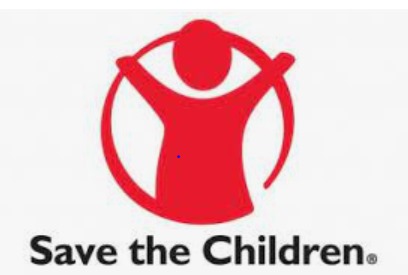
The organisation, however, said places it visited have not recorded cases but are on high alert and well prepared to respond should this happen.
While calling for the launching of a wide-scale health response with mass vaccination campaigns across the worst-hit areas due to the recent outbreak of diphtheria disease in the country, it said that there is great preparedness from the government to tackle the disease.
Diphtheria is a vaccine-preventable disease that has largely been eradicated across the world. Although periodic outbreaks happen where large children have missed this routine vaccination.
Addressing newsmen on the need to catalyse renewed efforts towards accelerating progress on the SDGs, especially as it relates to children, in Abuja, Chief Impact Officer of the organisation, Ebrima Saidy, called for more collaboration between the governments at all levels and other relevant stakeholders to ensure that children survive, learn, and are protected to achieve the 2030 Sustainable Development Goals in Nigeria.
“Nigeria already has one of the lowest vaccination rates in the world, and only 42 percent of children under 15 in Nigeria are fully vaccinated from diphtheria, and in this most recent outbreak, 80 percent of the confirmed cases are unvaccinated people.
“Save the Children calls for the launching of a wide-scale health response with mass vaccination campaigns across the worst hit areas and is appealing to donors to support the comprehensive response being launched by the government and humanitarian actors to support local health services to cope with the influx of diphtheria cases, procure more vaccines and to roll out a mass vaccination campaigns.
“It is important to note that while the places we visited have not recorded cases; they are on high alert and well prepared to respond should this happen, which is great preparedness from the government,” Saidy said.
He further explained that the organisation which has been working since January 2023, made significant strides in reaching out to those in need, with a total outreach cover of 1, 590,047 individuals, 64 per cent children, emphasising the organisation’s child-centrality in its humanitarian efforts.
While commending the bold measures that the federal and state governments have taken to advance child rights in Nigeria, he reiterated the need to adequately budget for the existing laws, strategies, and plans.
Elucidating on the ending child, early, and forced marriage he said Nigeria has one of the highest numbers of early, child, and forced marriages and out-of-school children in the global caseload, adding that the practice robs the potential of girls to realise and release their full potentials.
He therefore, advocated for the full respect, protection, and fulfillment of the rights of girls through the creation and adoption of sustainable policies, and plans and making sure that those frameworks are budgeted for and implemented to transform the lives of children.
“We are calling upon the government stakeholders to adequately budget for the existing laws, strategies, and plans accordingly, for the full respect, protection and fulfillment of girl rights.
“The domestication of the Child Rights Act in 35 out of 36 States, is one of those major steps forward which I would like to appreciate all who supported and were involved in the process. The National Strategy to End Child Marriage is among the major tools that the Federal Ministry of Women’s Affairs has been championing toward ending child marriage. The creation of the National Technical Working Group on Ending Child Marriage also brought a coalition of stakeholders from the government, CSOs, and INGOs intending to drive the implementation of the strategy.
He also expressed SCI’s commitment to continue working alongside the government to ensure that the rights of every child to a healthy, safe, and sustainable future, as well as the right to be heard, are achieved.
“To be responsive to the evolving humanitarian needs in Nigeria, SC’s approach to scaling up operations integrates strategic foresight, which is more centric to triple nexus (humanitarian, development, and peacebuilding) and high field-level efficiency, characterised by the locally-led responses and partner-led implementation,” he said.





